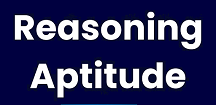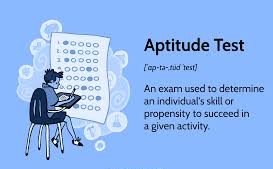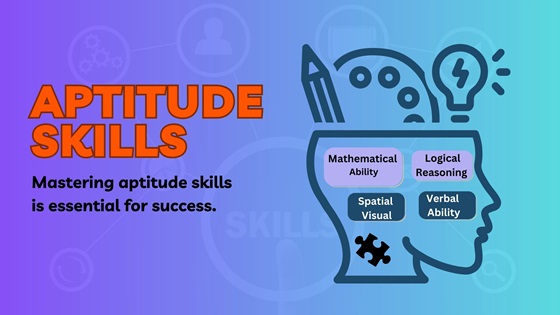Why Quantitative Aptitude?
A high degree of quantitative ability indicates an analytical and logical mind that can solve complex problems. The ability to understand a complex issue and define the problem well is the essence of solving the problem. Quantitative Aptitude helps to develop critical thinking.
Quantitative tests are ideal tools to confirm the presence of this attribute. Hence testing this skill has become an integral part of almost all competitive exams be it placement exams conducted by Information Technology companies, BPOs, any of the companies from various other sectors and Govt job recruiters like UPSC, SSC, RRB, IBPS, State govt and their public service commissions, various banking recruitment boards like SBI, public sector organizations like SAIL, NTPC, ONGC, IOCL, BPCL, Power Grid etc
Who?
There is hardly any vocation in the world where a basic numeric ability is not needed. It is important for any job seeker to understand the basic mathematical functions needed in day-to-day commercial operations.
What?
Aptitude is a very important aspect of a person’s life. By aptitude, we usually understand Quantitative aptitude that basically judges our analytical and problem-solving skills.
When?
In most exams, an aptitude test is conducted as a part of the written exam, which is usually the very first round of the selection procedure. An aptitude test basically involves mathematical questions. In these questions, the speed of the candidate and accuracy are the two key elements that matter most. Both of them can be acquired through practice and periodic tests and a bit of conscious effort.
When companies recruit, usually the first round has Aptitude Questions.
Where?
Quantitative aptitude is found in almost all the entrance exams, competitive exams, and placement exams.
Quantitative aptitude includes questions ranging from purely numeric calculations to critical arithmetic reasoning. Questions on graph and table reading, percentage analysis, categorization, simple interest and compound interest, clocks, calendars, areas and volumes, permutations and combinations, numbers, percentages, partnerships, application of LCM & HCF, Series, direction sense test, ranking test, seating arrangement, problems on ages, profit and loss, ratio & proportions, time & distance, time & work and more.
If you are writing competitive exams for further studies/ going abroad/ for jobs in private, public or Government, the examiner wants to evaluate your thinking abilities and analytical skills. Usually, a question relates to more than one topic of aptitude. For example ratios chapter can be combined with another topic, similarly, the percentages topic can be combined with any other topic of aptitude. The student is expected to combine the knowledge of more than one topic in giving a solution.
How to become good at solving Quantitative Aptitude questions?
Everybody has studied mathematics in their school days and focused on how to get good marks. Each and every mathematics teacher of our life encouraged us to write more steps. However, in competitive exams, it is not going to work in our favour. What works in our favour now, while preparing for competitive exams is knowing the concepts, basics, fundamentals of each of the chapters. The best resource is NCERT books which are also available on the web. Once you are through with the concepts now apply shortcuts/tricks etc. Practice, Practice…more practice. Deliberate practice. Try solving mock tests and question papers specifically designed for the test/exam you propose to take. On average, one minute per question is the time available to solve questions in the exams. Hence time management is important.
Preparation by way of practice, deliberate practice is the key.
How to solve quantitative aptitude questions?
1. Read question carefully. Focus. Concentrate. Only one reading to save time. Maximum two times. (If you are reading more than twice, you are not in the competition).
2. One or two steps in mind and then start writing. Appy concepts/fundamentals or formulae.
3. Ensure your calculations (arithmetic operations) are correct. Take care of the units. Tick the right answer.
Conclusion:
The right perspective towards Quantitative Aptitude is important. Not just Attitude, Aptitude too decides altitude.
Take one topic at a time. Start with understanding the basic concepts first. Try to solve 10 to 20 problems involving all the concepts of the topic. You need to be accurate. Now to develop speed use tips/tricks/shortcuts etc and solve another 20 to 30 questions depending on the Exam you are taking.
Find a Mentor who will guide you throughout this journey.



